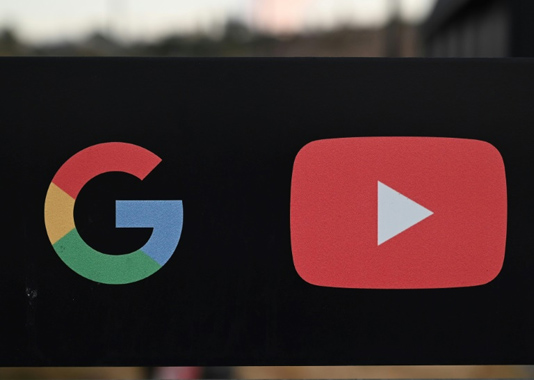LOS ANGELES, Feb 27, 2020 (BSS/AFP) – Tech giants including Google are
free to censor content as they wish, a US court ruled Wednesday, in a
landmark freedom-of-speech case concerning private internet platforms.
The decision by San Francisco’s Ninth Circuit appeals court rejected a
conservative news outlet’s claims that YouTube had breached the First
Amendment by censoring its content.
The US Constitution’s First Amendment prohibits the government, but not
private parties, from censoring free speech.
Despite its two billion monthly users, Google-owned YouTube “remains a
private forum, not a public forum subject to judicial scrutiny under the
First Amendment,” the court found.
Conservative non-profit PragerU had argued that Google unlawfully limited
access to its videos discussing topics such as “male-female differences,”
“environmental issues” and “other topics discussed on university campuses.”
Google had acted “in an arbitrary or capricious manner that provides them
with unbridled discretion to discriminate against a speaker based on her or
his identity,” PragerU wrote in its original lawsuit.
It pointed to similar videos from more liberal accounts such as BuzzFeed,
TEDx Talks and Real Time with Bill Maher which had not been restricted.
But in a written opinion for the three-judge panel, Circuit Judge M.
Margaret McKeown said that no matter how many users platforms like YouTube
may acquire, they do not become “state actors subject to First Amendment
constraints.”
The ruling was welcomed by YouTube on Wednesday.
“Google’s products are not politically biased,” YouTube spokesman Farshad
Shadloo wrote in a statement to AFP.
“We go to extraordinary lengths to build our products and enforce our
policies in such a way that political leanings are not taken into account.”
He added: “PragerU’s allegations were meritless, both factually and
legally, and the court’s ruling vindicates important legal principles that
allow us to provide different choices and settings to users.”
The appeals court’s decision upheld an earlier lower court ruling. But
PragerU vowed not to abandon its case.
“Of course this ruling is disappointing, but we won’t stop fighting and
spreading public awareness of Big Tech’s censorship of conservative ideas,”
said PragerU marketing chief Craig Strazzeri.
PragerU chief executive officer Marissa Streit added: “Sadly, it appears
as if even the Ninth Circuit is afraid of Goliath — Google. We’re not done
fighting for free speech and we will keep pushing forward.”



